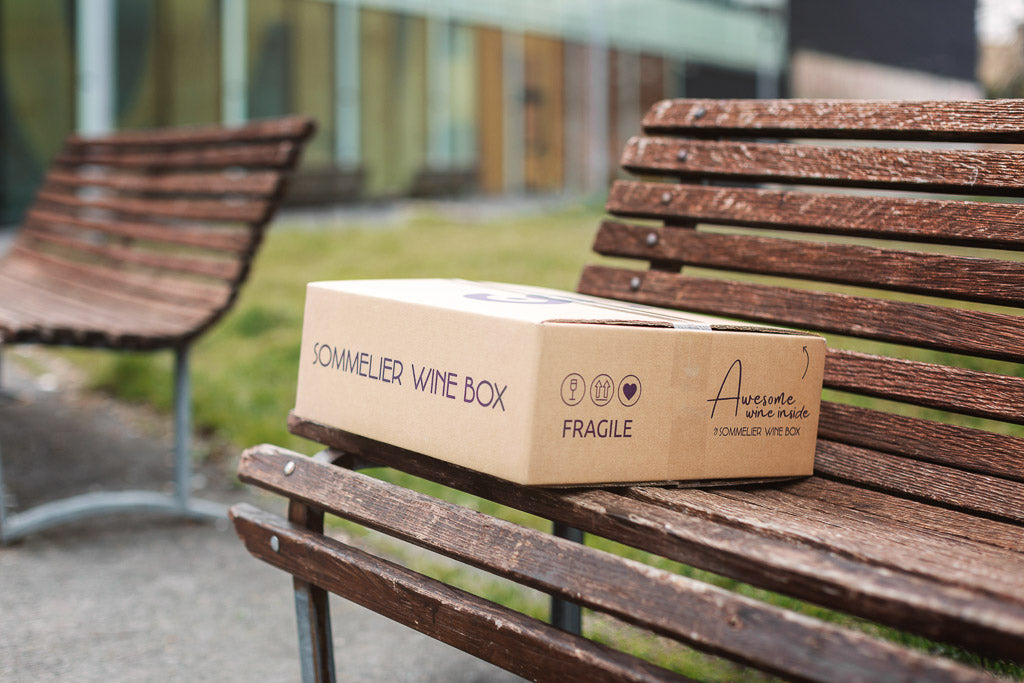Are the stereotypes that women only drink rosé and have difficulty appreciating full-bodied red wines now outdated? To answer this we did a study.
We started from a question: what do women really drink?
That is, we asked ourselves whether today, in Italy, we can talk about female wine consumption as substantially different and distinct from male wine consumption.
Here are the results of this research.
What do Italian women drink? We at Sommelier Wine Box have tried to answer this question with dedicated research, conducted both among our customers and outside our community.
Women and wine: the Sommelier Wine Box research
We did quantitative research , soliciting a sample of users both internal and external to our customer base. The sample consists of 452 complete responses, of which 35% were filled by women.
These are the phases of our research:
- DATA COLLECTION , i.e. administration of a questionnaire, the answers to which fed into a database.
- DATA ANALYSIS , with the aim of understanding more about the wine consumption of the female sample. The main metrics were: favorite place to purchase and consume wine, attitude to giving bottles as gifts, favorite wines.
Specifically for this analysis, these dimensions were filtered by dividing the sample by sex, precisely to understand whether there is a difference between female and male wine consumption.
Women and wine: they consume it mostly at home
When asked "where do you mainly consume wine", men and women agree: they drink wine mostly at home .
These are all the possibilities offered by our questionnaire: bar, wine shop, own or friends' home, wine events, in the cellar, at the restaurant.
Women and wine: consumption habits
The majority of women interviewed (30%) had an average weekly consumption of one bottle . Men, on the other hand, see the majority of the male sample (26%) having a higher average consumption, equal to approximately one bottle every 3 days.
The quantity of wine consumed by women and men is completely similar if consumption is reduced, i.e. if they do not drink regularly (6% of the female sample vs 6% of the male sample), or if they do so once every two weeks (4% of the female sample vs 6% of the male sample).
Women and wine: they buy it in highly specialized areas
Women buy more than men in wine shops (27% vs 21%) and directly on winery websites (11% vs 6%), while they tend to buy less in e-commerce and specialized wine clubs: 25% compared to 35 % of the male sample. The other purchasing options provided were: with online shopping, on winery sites, in specialized e-commerce/wine clubs for the entire online world; at the supermarket, in the wine shop and in the cellar for physical purchases.
Furthermore, 72% of women say that by purchasing online they discover new wineries , an aspect that defines a curious consumer profile. The other options were: I save time, I find better deals, I never run out of wine, I'm in trouble, I've had problems with product integrity, I've had problems, I have a wider range of choices.
Women and wine: they give it away a lot
The female public loves to give wine as gifts . 95% of the women interviewed have given at least one bottle of wine as a gift in the last 6 months.
The same goes for men: in fact, there are no substantial differences compared to the male public, who give away wine for 93%.
There is great uniformity even among those who do not give wine as gifts, which are respectively 5% of women and 7% of men.
What are women's favorite wines?
This study but also the data we have collected on our customers since we launched Sommelier Wine Box speak clearly: the stereotypes according to which women only drink rosé and poorly structured wines are long gone.
The favorite wines most cited by the female sample are: Barolo, Riesling, Morellino di Scansano, Pinot Noir, Amarone and Nebbiolo.
Women and wine: conclusion
This research is very significant because it portrays a profile of a passionate consumer , who shows specificities especially when purchasing wine. Hence the desire to buy wine from highly specialized retailers , it doesn't matter whether they are offline, i.e. in a wine shop, or directly on the winery sites.
For other aspects of consumption, however, there are no significant differences between men and women wine lovers : everyone loves to consume it, especially at home and consider wine an excellent gift.
We greet with great optimism this weakening of gender differences in the relationship with wine: a positive aspect that tells us about a society, the Italian one in which we conducted the research, which is overcoming the clichés of the past, at least as regards one of the great pleasures in life.
This study is part of a larger research we are conducting on wine consumption in Italy. The questionnaire is still active: you can do it by clicking here .




